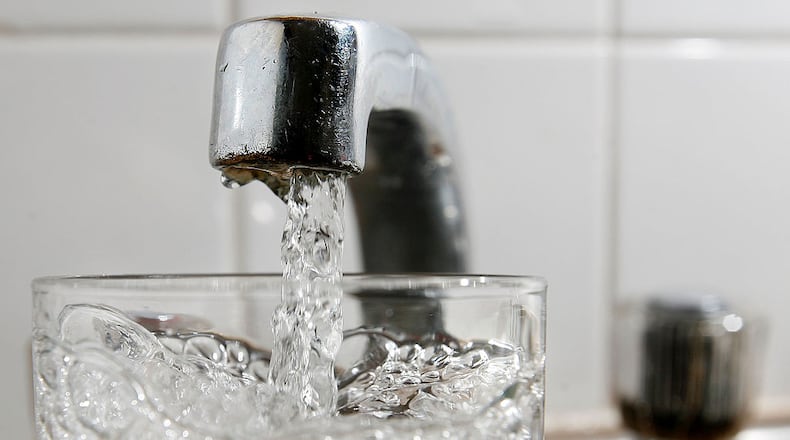The project would be funded through Ohio Water Development Authority loans and increased water rates, according to city documents that show the increase could cost water customers about $6.70 more per month. Residents would be unable to opt out of the softening service.
Municipal water rates are already expected to rise in Huber Heights, Councilwoman Janell Smith said, as the city moves forward with a plan to improve water pressure.
“I’m going to vote ‘yes’ for water softening,” Smith said, “but if someone’s not comfortable having their rates raised that much, I understand.”
A 2010 Wright State University survey of 600 Huber Heights residents found about 75 percent of respondents would support the city installing the infrastructure needed to provide softened water to all customers. Of those respondents, about 80 percent indicated they would still support the project if it increased rates.
Council now hopes to get a current measurement of public opinion through the advisory ballot measure.
“Over the last decade or so, I have heard a lot of people talk in favor of softening our water,” Councilman Mark Campbell said. “We have great quality and quantity of water, this is more of a convenience.”
Hard water contains high levels of calcium and magnesium. These minerals can decrease the effectiveness of soaps and detergents, but have no adverse effects to human health, according to the Penn State College of Agricultural Sciences.
Softer water would reduce mineral deposits in pipes and glasses, dishes and fixtures, according to city documents. It would also require less soap and detergents.
Smith said although municipal softening would impact all residents, it is not guaranteed all residents will be able to entirely eliminate use of home water softeners. Councilwoman Nancy Byrge estimated residents who need to keep home water softeners would be able to cut their salt consumption by about half.
About the Author
